Ecological Society of America announces 2024 Fellows
April 30, 2024
For immediate release
Contact: Mayda Nathan, mayda@esa.org
The Ecological Society of America is pleased to announce its 2024 Fellows. The Society’s fellowship program recognizes the many ways in which its members contribute to ecological research, communication, education, management and policy. This year, the ESA Governing Board has confirmed nine new Fellows and ten new Early Career Fellows.
Fellows are members who have made outstanding contributions to a wide range of fields served by ESA, including, but not restricted to, those that advance or apply ecological knowledge in academics, government, non-profit organizations and the broader society. They are elected for life.
Early Career Fellows are members within eight years of completing their doctoral training (or other terminal degree) who have advanced ecological knowledge and applications and show promise of continuing to make outstanding contributions to a wide range of fields served by ESA. They are elected for five years.
ESA established its Fellows program in 2012 with the goal of honoring its members and supporting their competitiveness and advancement to leadership positions in the Society, at their institutions, and in broader society. Past ESA Fellows and Early Career Fellows are listed on the ESA Fellows page.
“I am thrilled to recognize the exceptional contributions of our newly selected Fellows and Early Career Fellows,” said ESA President Shahid Naeem. “Their groundbreaking research, unwavering commitment to mentoring and teaching and advocacy for sound science in management and policy decisions have not only advanced ecological science but also inspired positive change within our community and beyond. We celebrate their achievements and eagerly anticipate the profound impacts they will continue to make in their careers.”
ESA will formally acknowledge and celebrate its new Fellows for their exceptional achievements during a ceremony at ESA’s 2024 Annual Meeting in Long Beach, California.
Fellows elected in 2024 in recognition of their contributions to the science of ecology
Steven Allison
Professor, University of California, Irvine, Department of Ecology and Evolutionary Biology and Department of Earth System Science
Steven Allison is a microbial and ecosystem ecologist whose research addresses the resilience of microbial communities to drought and the impact of climate change on soil carbon cycling. By building new mathematical models, he analyzes feedbacks among microbial communities, carbon cycling and climate change. Allison directs UC Irvine’s Newkirk Center for Science and Society and established the Ridge to Reef Graduate Training Program, an interdisciplinary educational experience focused on professional development for students pursuing careers in environmental fields. He received his Ph.D. in Biological Sciences from Stanford University.
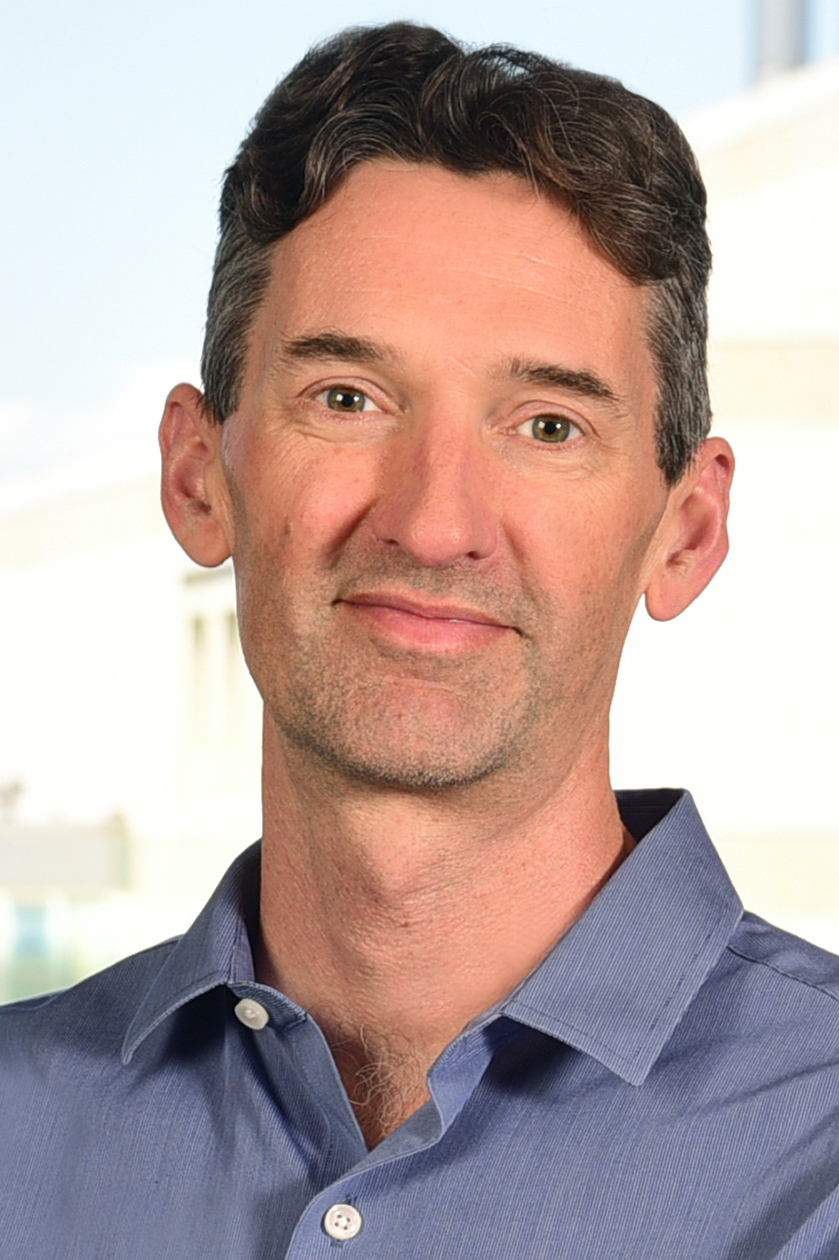
Sonia M. Altizer
Professor, University of Georgia, Odum School of Ecology
Sonia Altizer is a population ecologist who studies animal behavior, environmental change and pathogen transmission, especially in animals that fly—including birds, bats and butterflies. For the past 30 years, she has studied monarch butterflies and a debilitating disease that infects them to better understand how animal migration affects the spread of pathogens and to investigate how migrations are changing in response to environmental change. In 2006 Altizer launched and directed the community science project Monarch Health to track the spread of disease in wild monarch populations. Currently, she is the Martha Odum Distinguished Professor of Ecology at the University of Georgia. Previously she served as Interim Dean for the Odum School of Ecology and she is now the Director of Public Service and Outreach for the School. She completed her Ph.D. in ecology at the University of Minnesota, followed by postdoctoral work at Princeton and Cornell University.
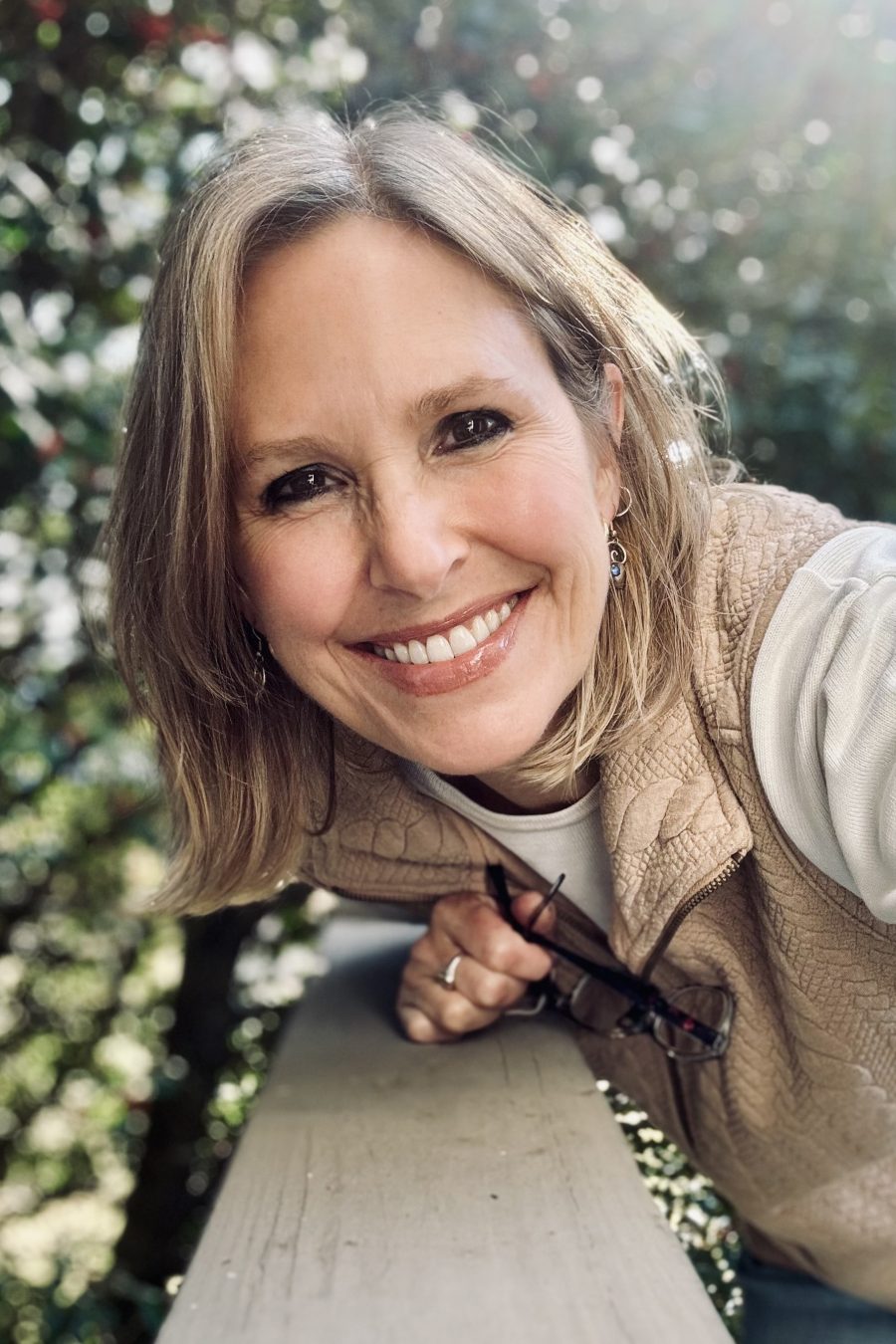
Daniel P. Costa
Distinguished Professor, University of California, Santa Cruz, Department of Ecology and Evolutionary Biology
Daniel Costa is a physiological ecologist who studies the movement patterns, foraging behavior and reproductive energetics of marine mammals and seabirds. His work has developed tools to identify and create viable Marine Protected Areas to conserve highly migratory species. This research includes assessing the impact of underwater noise on wildlife populations. Costa co-founded the Tagging of Pacific Predators program, a multidisciplinary effort to study the movement patterns of 23 predatory species in the North Pacific Ocean. He completed a Ph.D. at UC Santa Cruz and postdoctoral research at the Scripps Institution of Oceanography.
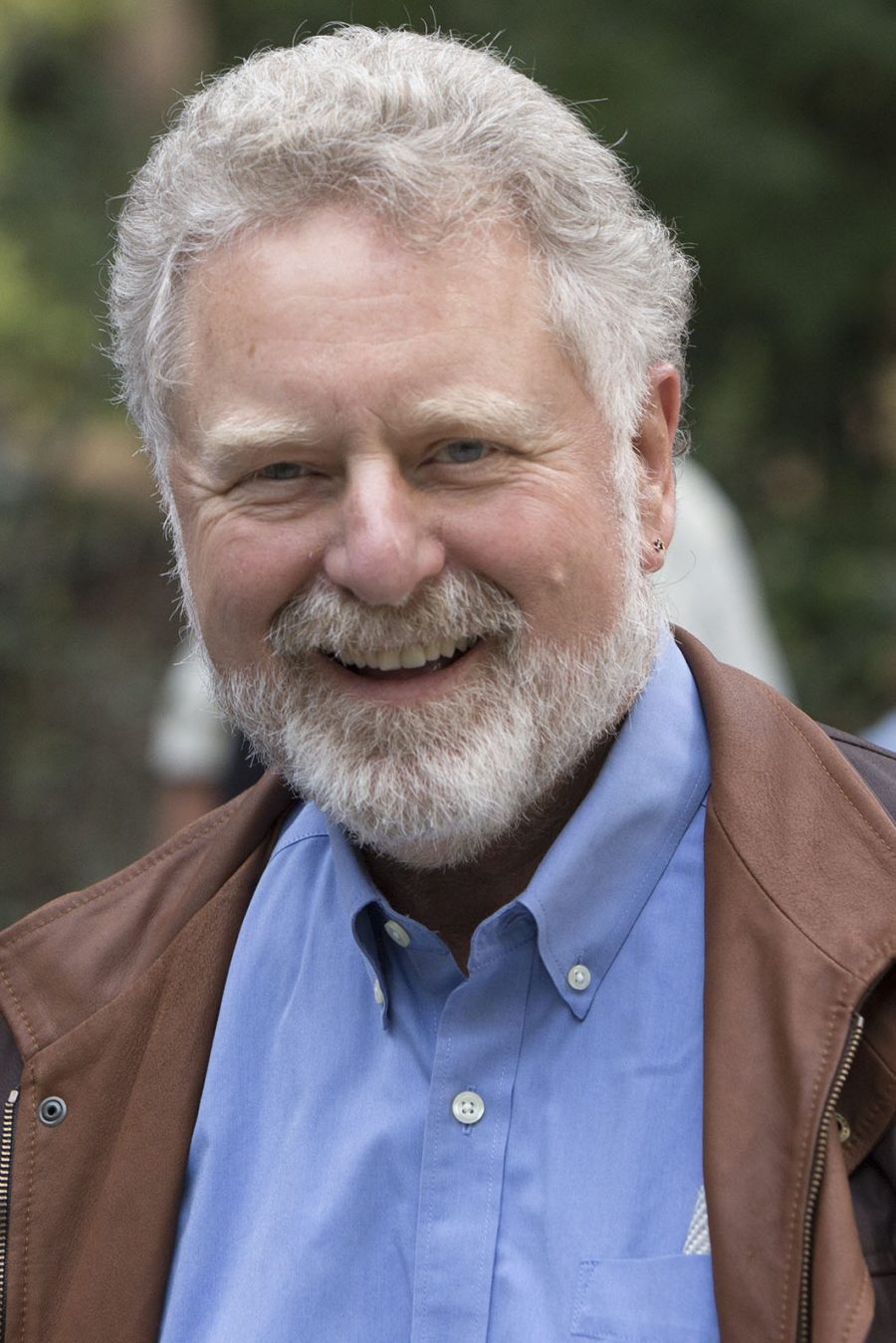
Emily Maureen Elliott
Professor, University of Pittsburgh, Department of Geology and Environmental Science
Emily Elliott studies human impacts on nutrient cycling with a particular focus on feedback mechanisms. Her research has advanced the use of stable isotopes to unravel nutrient dynamics in ecosystems. She co-founded the Pittsburgh Water Collaboratory which builds academic-community partnerships, and she directs the Pitt Isotope Tracers Lab at the University of Pittsburgh. Both her leadership and achievements in mentoring have been recognized with national awards. She earned her M.S. and Ph.D. in the Department of Geography and Environmental Engineering at Johns Hopkins University.
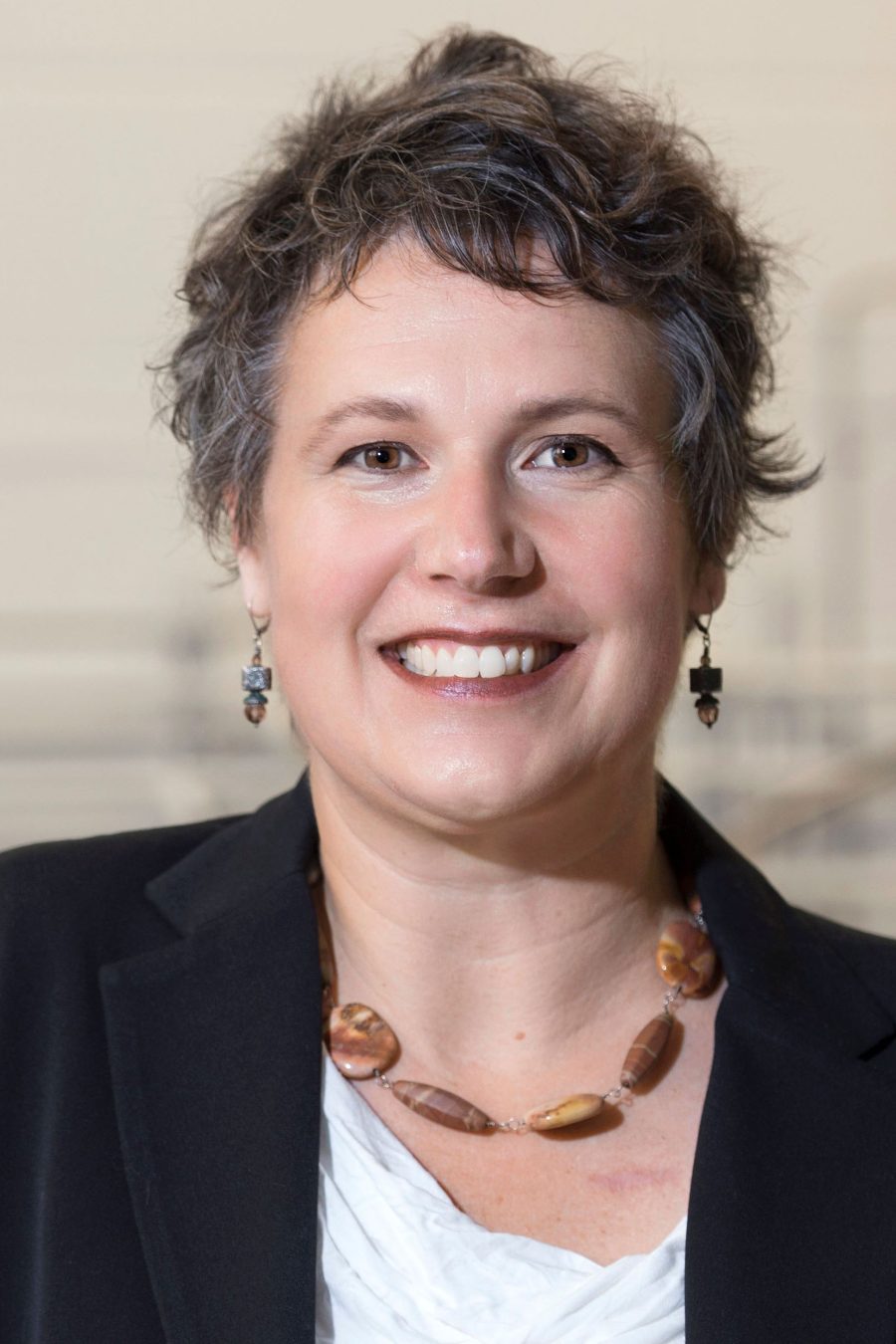
Terry McGlynn
Professor, California State University, Dominguez Hills, Department of Biology
Terry McGlynn studies the natural history of tropical rainforest ants, urban ecology and thermal biology. His work has expanded our understanding of social insects and the biology of non-indigenous species. Within and beyond the California State University (CSU), he has worked for equity, broadening representation and evidence-based teaching and mentoring practices. McGlynn previously led the CSU Dominguez Hills Office of Undergraduate Research and directed the CSU Desert Studies Center. He earned his Ph.D. in Environmental, Population and Organismic Biology from the University of Colorado.
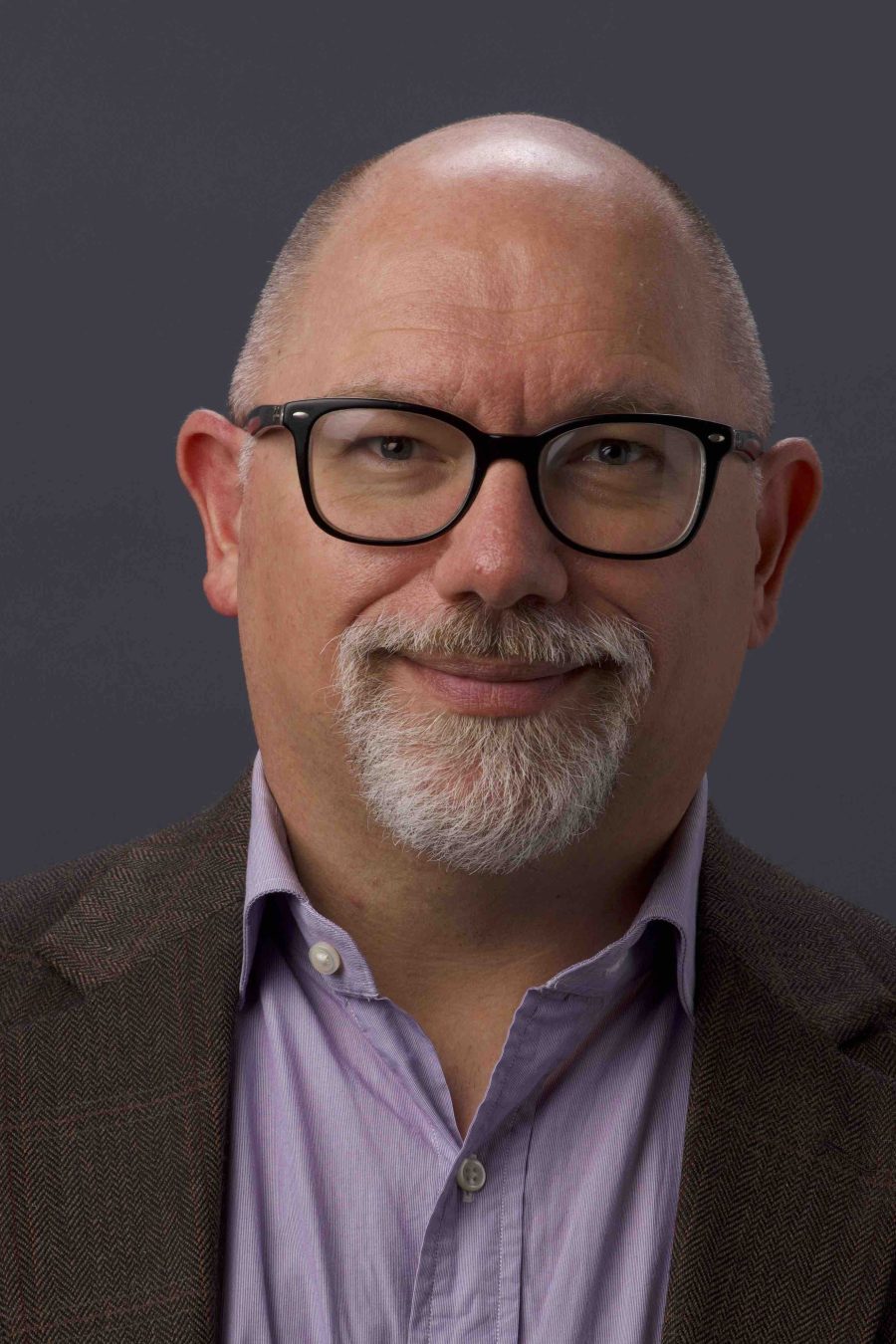
John Orrock
Professor, University of Wisconsin–Madison, Department of Integrative Biology
John Orrock is an ecologist who works at the intersection of behavioral ecology, global change and ecological interactions. He studies terrestrial plants and animals, often focusing on research to promote conservation and restoration. Current projects include linking climate, behavior and physiology to understand large-scale variation in zoonotic disease, large-scale experiments to inform restoration of longleaf pine ecosystems, examining the effect of invasive shrubs on forest ecosystems and exploring how plants optimize defense against herbivores. Orrock received his Ph.D. from Iowa State University and was a postdoctoral fellow at the National Center for Ecological Analysis and Synthesis.
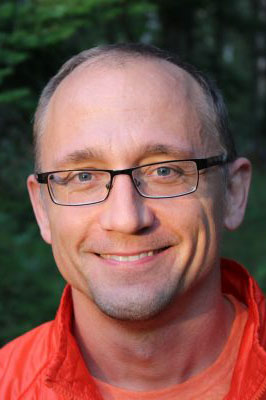
Jennifer Pett-Ridge
Senior Staff Scientist, Lawrence Livermore National Laboratory, Physical and Life Sciences Directorate; Adjunct Full Professor, University of California, Merced, Department of Life and Environmental Sciences; Investigator, University of California, Berkeley, Innovative Genomics Institute.
Jennifer Pett-Ridge is a microbial ecologist who studies microbe-mineral-soil carbon interactions and combines multi-‘omics techniques with stable isotope tracing and modeling. Pett-Ridge leads multiple teams, including the 2023 “Roads to Removal” national CO2 removal assessment, the Microbes Persist Science Focus Area, the Terraforming Soil Energy Earthshot Research Center and the Lawrence Livermore National Laboratory Carbon Initiative. Honors received include an Early Career award from the Department of Energy (DOE), the Geochemical Society Biogeochemistry Medal and the DOE Ernest Orlando Lawrence Award. She received her M.S. from Yale University and her Ph.D. from UC Berkeley.
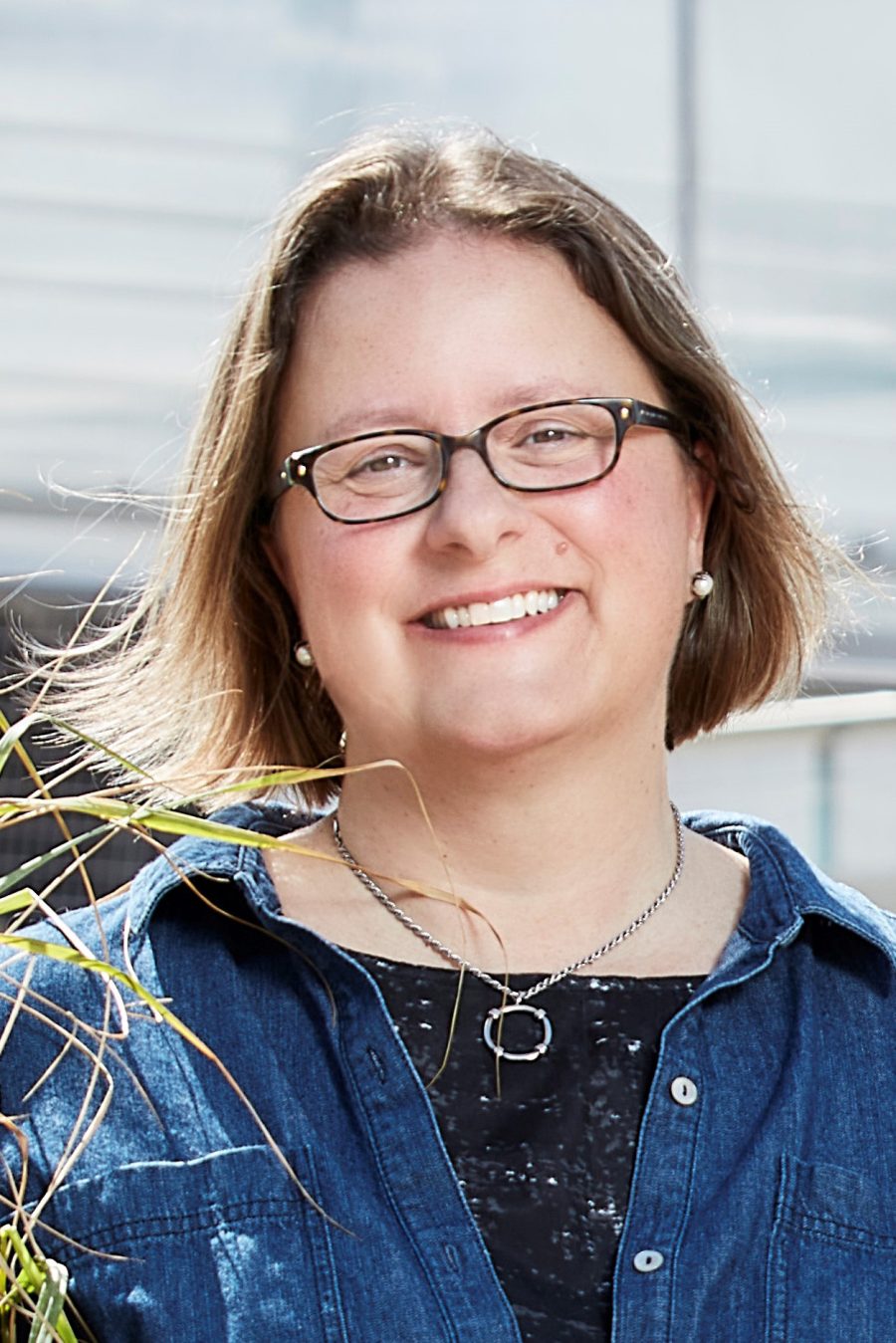
Sasha Reed
Research Scientist, United States Geological Survey, Southwest Biological Science Center
Sasha Reed is an ecologist studying terrestrial ecosystems and how they respond to change. Her research focuses not only on understanding and forecasting the impacts of anthropogenic change, but also finding novel solutions to mitigate and adapt to these changes. Reed has won numerous awards for the quality and impact of her science, and she works to actively promote inclusivity in science and to share the power and joy of scientific discovery. She received her Ph.D. from the University of Colorado Boulder.
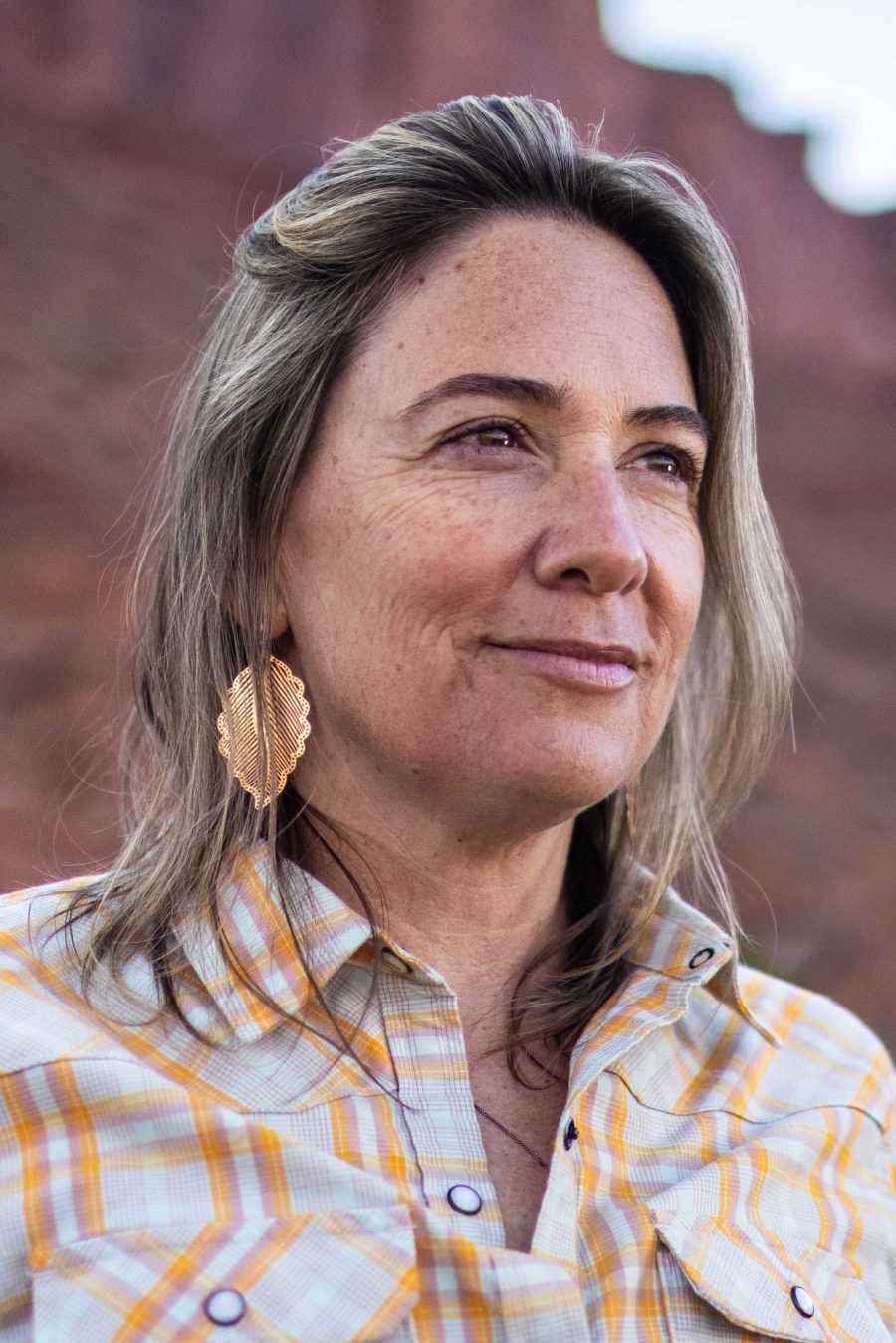
G. Philip Robertson
University Distinguished Professor, Michigan State University, W.K. Kellogg Biological Station and Department of Plant, Soil and Microbial Sciences
Phil Robertson’s primary research interests are in agricultural ecology, with a focus on nitrogen and carbon dynamics, greenhouse gas fluxes and land management solutions to climate change. Until 2016 he directed the Kellogg Biological Station’s Long-Term Ecological Research (LTER) site, and he previously chaired the LTER Network. Robertson is a Fellow of the American Association for the Advancement of Science and the Soil Science Society of America, a Clarivate Highly Cited Researcher and has served on numerous national and international advisory and editorial boards and committees. He received his Ph.D. in Ecology and Evolutionary Biology from Indiana University.
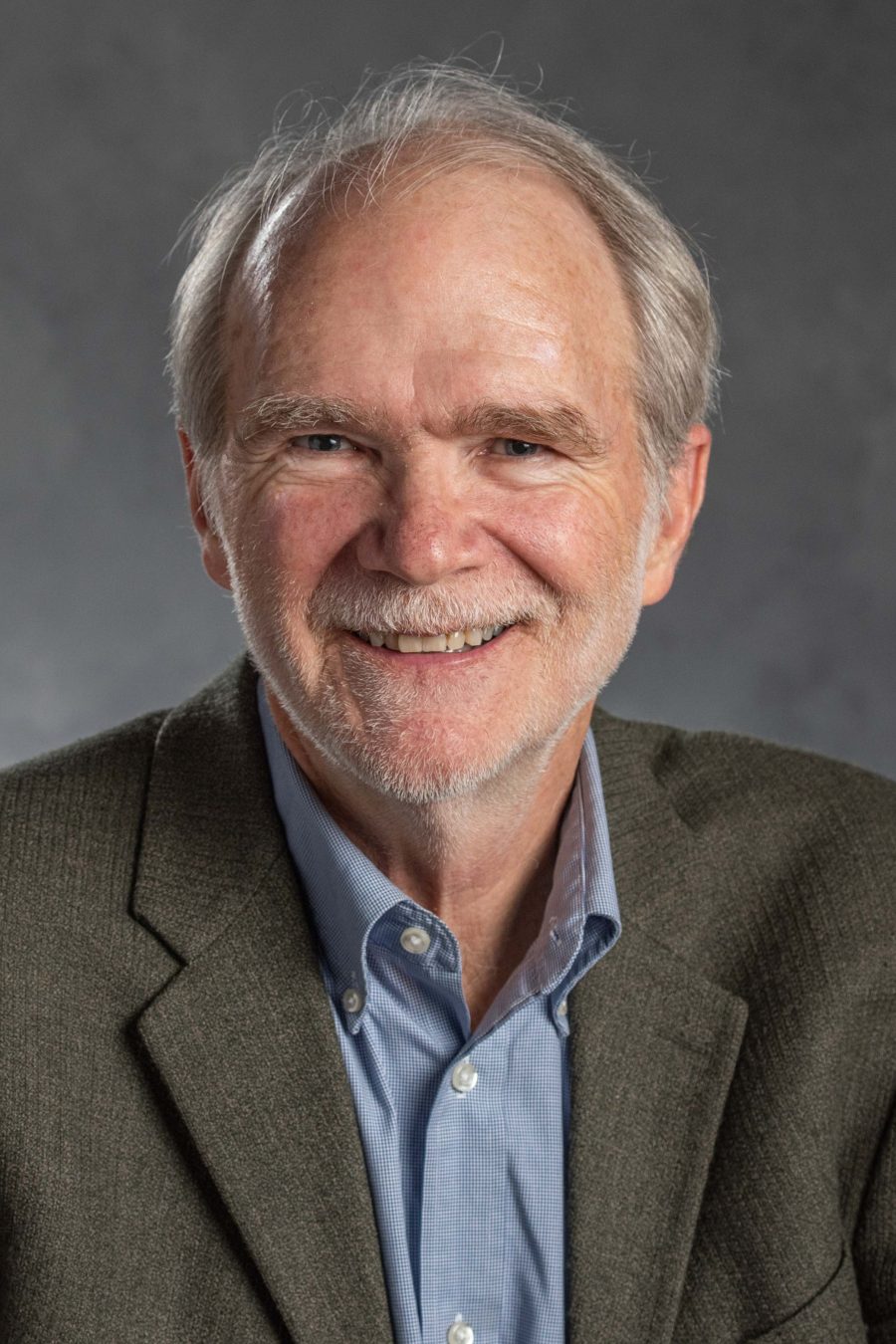
Early Career Fellows (2024–2028) elected for advancing the science of ecology and showing promise for continuing contributions
Kaitlyn Gaynor
Assistant Professor, University of British Columbia, Department of Zoology and Department of Botany
Kaitlyn Gaynor is an interdisciplinary ecologist, drawing on behavioral and community ecology to understand the roles that humans play in socio-ecological systems. Her current research focuses on the behavioral responses of large mammals to anthropogenic risk and reward, the effects of human disturbance on predator-prey interactions and the socio-ecological dynamics of conservation. She received her Ph.D. from UC Berkeley and completed her postdoctoral research at the National Center for Ecological Analysis and Synthesis.
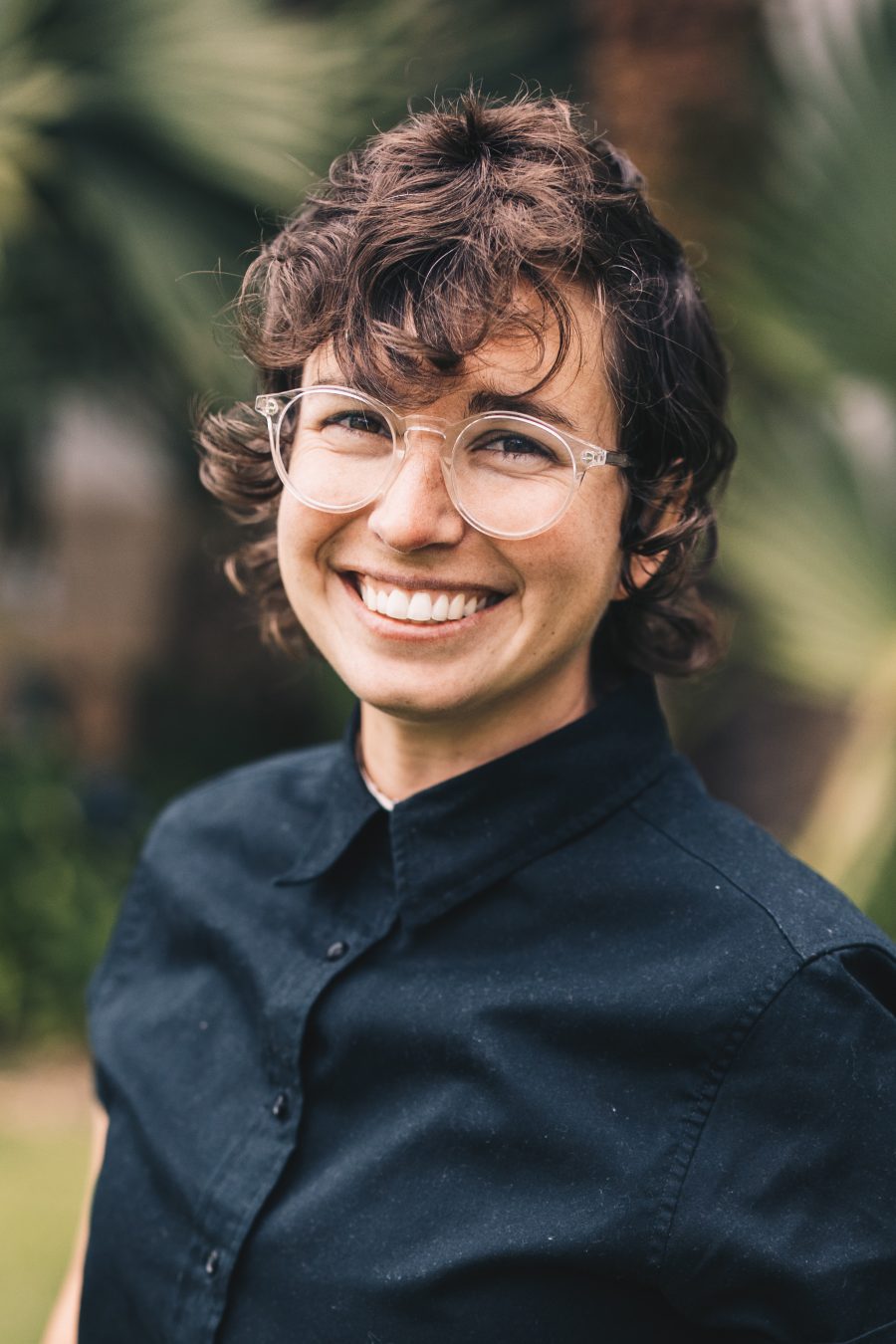
Mike Gil
Assistant Professor, University of Colorado Boulder, Department of Ecology and Evolutionary Biology
Mike Gil is an empirical and theoretical ecologist who works at the intersection of community ecology, behavioral ecology and conservation. His research focuses on the relationships between the decision-making of individual organisms and the structure and function of ecosystems, particularly in the face of environmental change. Much of his work uses coral reef fish as model systems to assess ecosystem-scale consequences of animal behavior. Gil is also highly active in efforts to diversify engagement with STEM; he founded and directs SciAll.org, a nonprofit that uses personal storytelling in videos published across social media to promote diversity, equity and inclusion in STEM. He received his Ph.D. from the University of Florida.
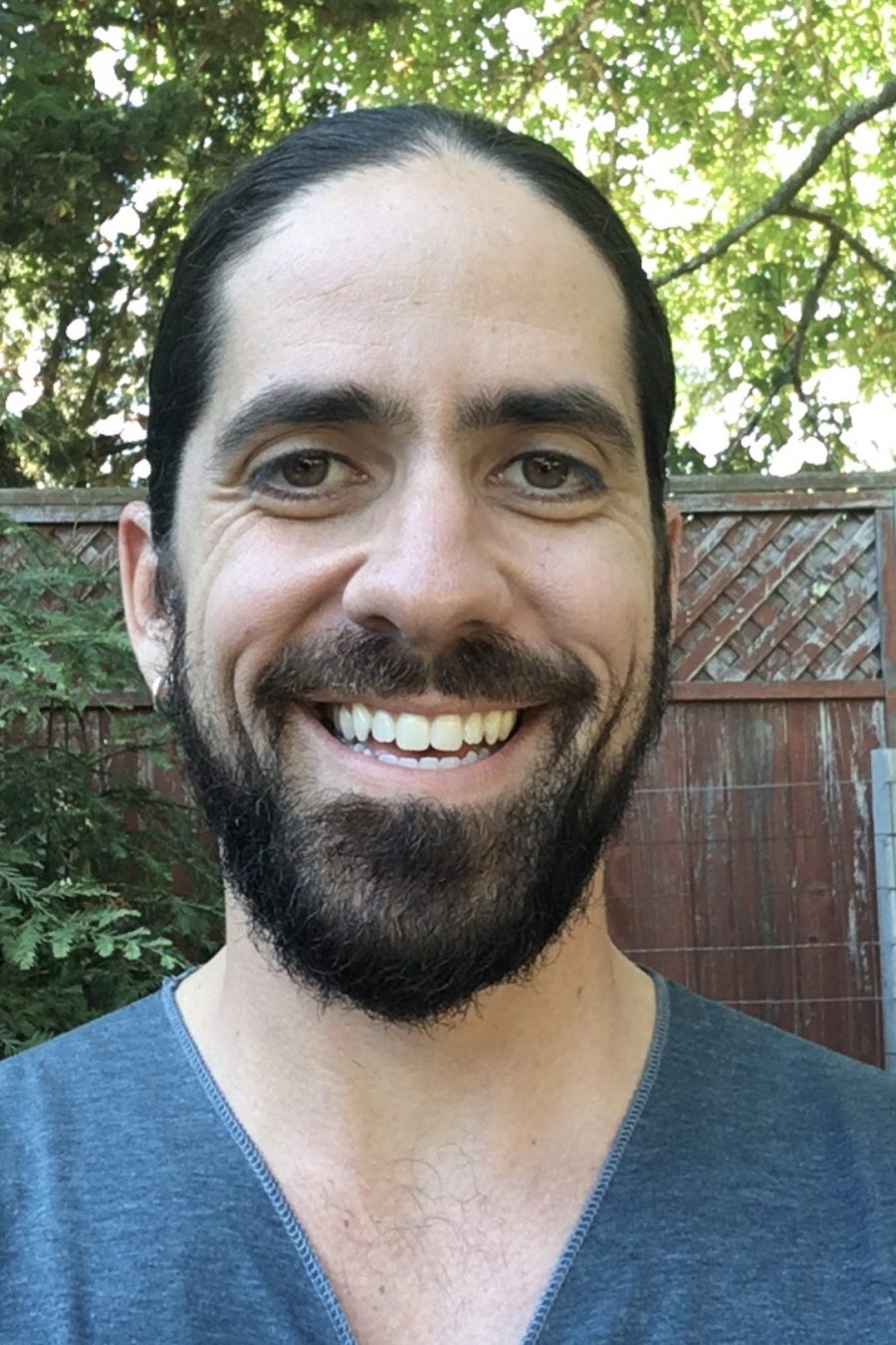
Laura Melissa Guzman
Assistant Professor, University of Southern California, Department of Biological Sciences
Melissa Guzman is a biodiversity scientist who combines statistical methods, ecological theory and empirical studies to understand the causes and consequences of biodiversity declines. Her current projects focus on disentangling the causes of pollinator biodiversity loss, improving the modeling of community science data and historical museum records and using metacommunity theory to understand changes in biodiversity. Before joining USC, she was a Liber Ero Postdoctoral Fellow at Simon Fraser University. She received her M.Res. from Imperial College London and her Ph.D. from the University of British Columbia.
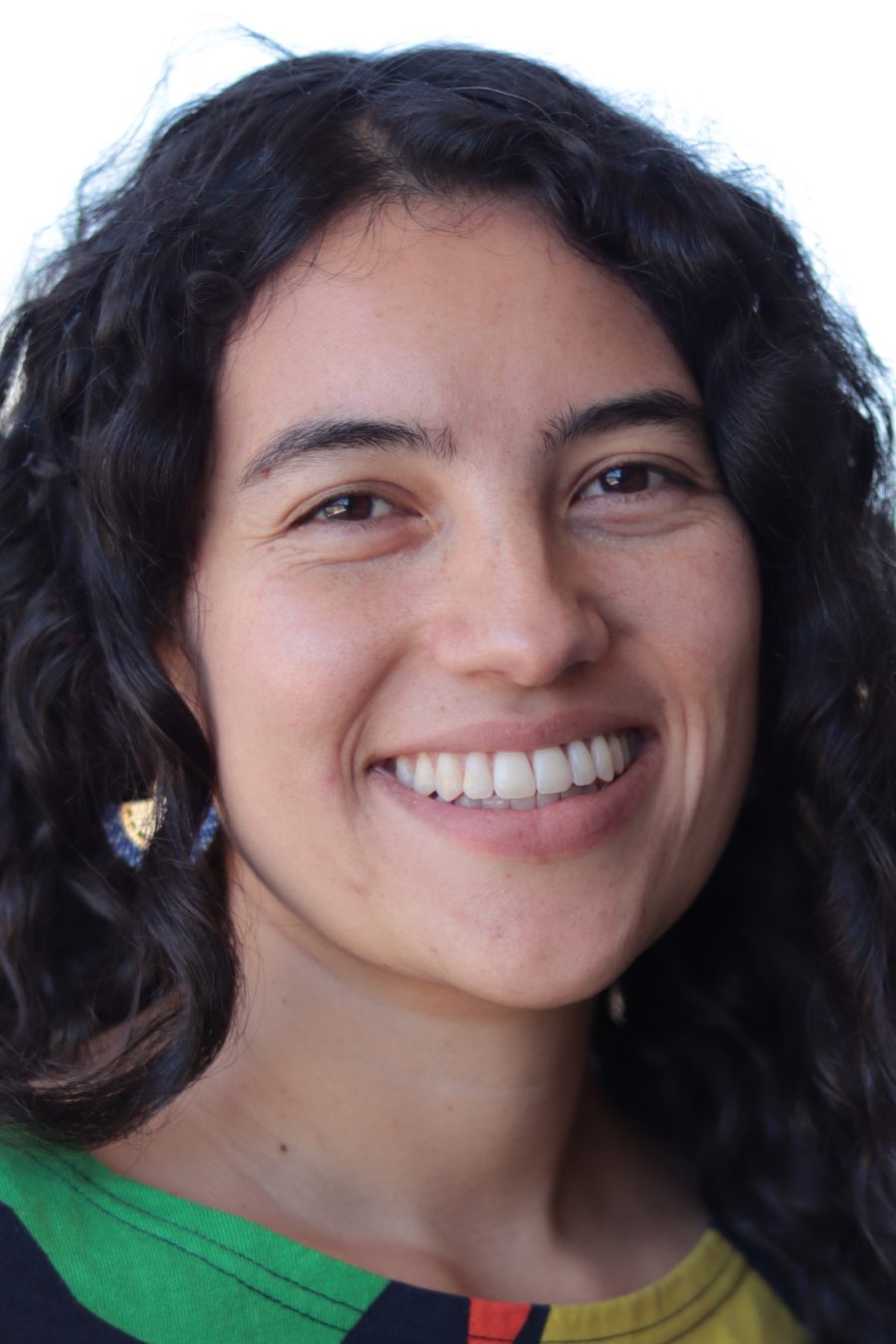
Daijiang Li
Assistant Professor, Louisiana State University, Department of Biological Sciences
Daijiang Li is a community ecologist interested in studying the effects of global environmental change on ecological communities. His current projects focus on the effects of global environmental change—like climate change, land use change and species invasions—on topics such as biodiversity, phenology and species interactions. He received his M.S. from Sun Yat-Sen University in China, and his Ph.D. from the University of Wisconsin–Madison.
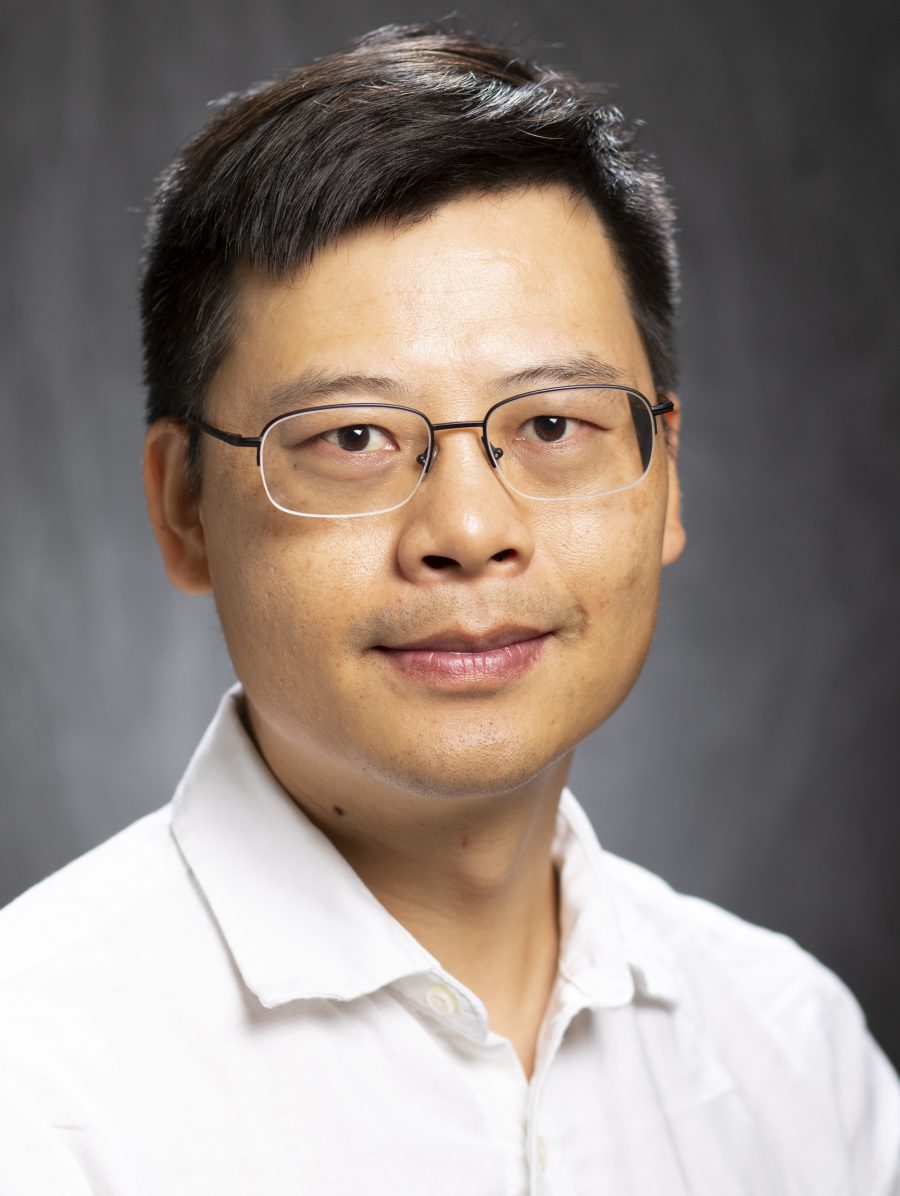
Bethann Garramon Merkle
Professor of Practice, University of Wyoming, Department of Zoology and Physiology
Bethann Garramon Merkle’s scholarship, teaching and facilitation emphasize transdisciplinary approaches to inclusive science communication and equitable institutional change. She also leads programs on scientific writing, graduate student success and strategic planning across North America and co-founded/led ESA’s Communication and Engagement Section. Merkle is the founding director of the University of Wyoming’s Science Communication Initiative, and co-founder of the science communication podcast “Meteor.” She earned her M.F.A. in creative writing from the University of Wyoming.
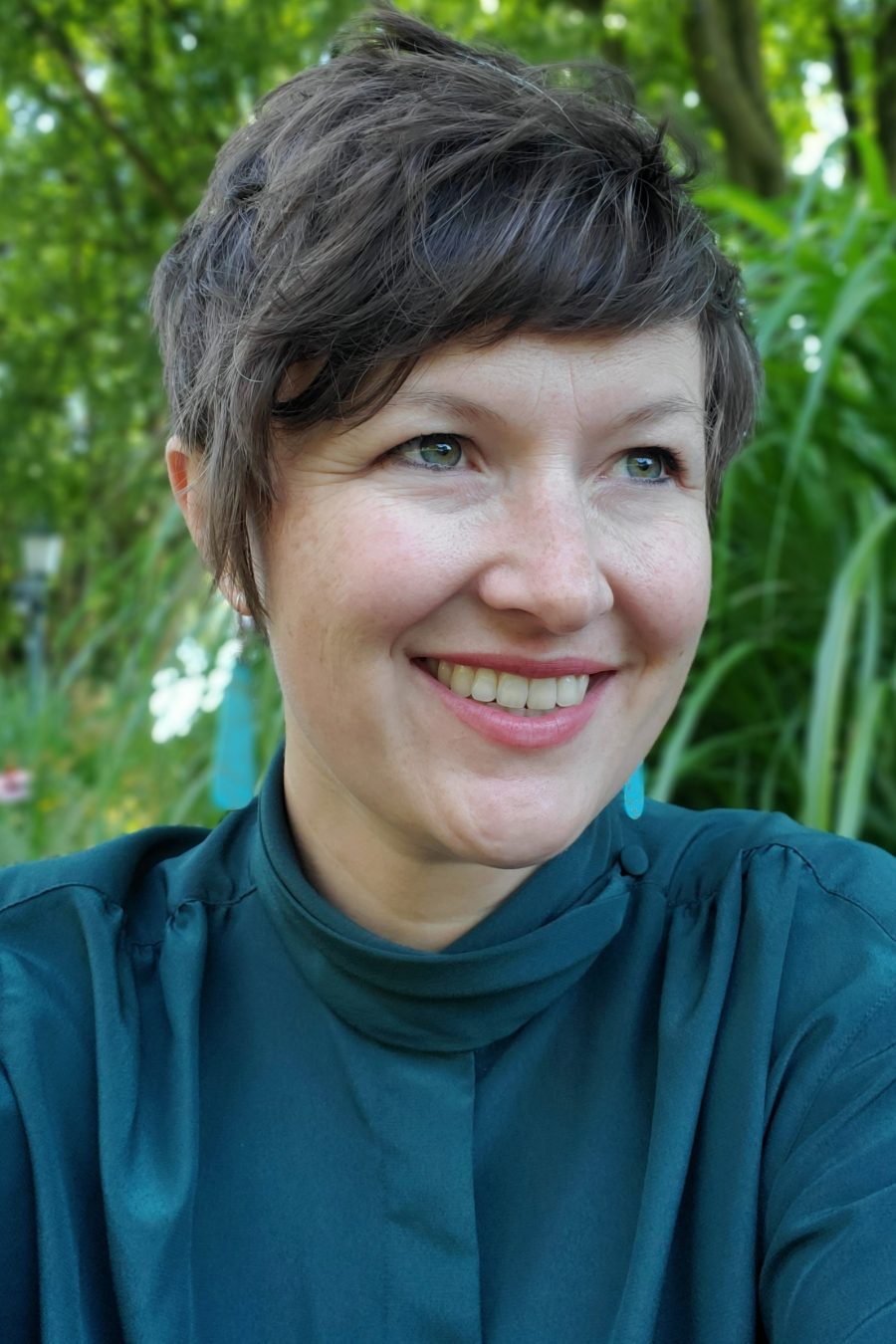
Diogo Borges Provete
Assistant Professor, Federal University of Mato Grosso do Sul, Institute of Biosciences
Diogo Provete is an evolutionary ecologist interested in combining metacommunity ecology with macro- and microevolution. His work often uses freshwater ecosystems as models to understand how eco-evolutionary processes determine species distributions in natural and modified landscapes. Provete has served as Chair of ESA’s Latin American and Caribbean Chapter twice and is currently the ESA Council Speaker-elect. He obtained an M.Sc. from the São Paulo State University and a Ph.D. from the Federal University of Goiás in Brazil.
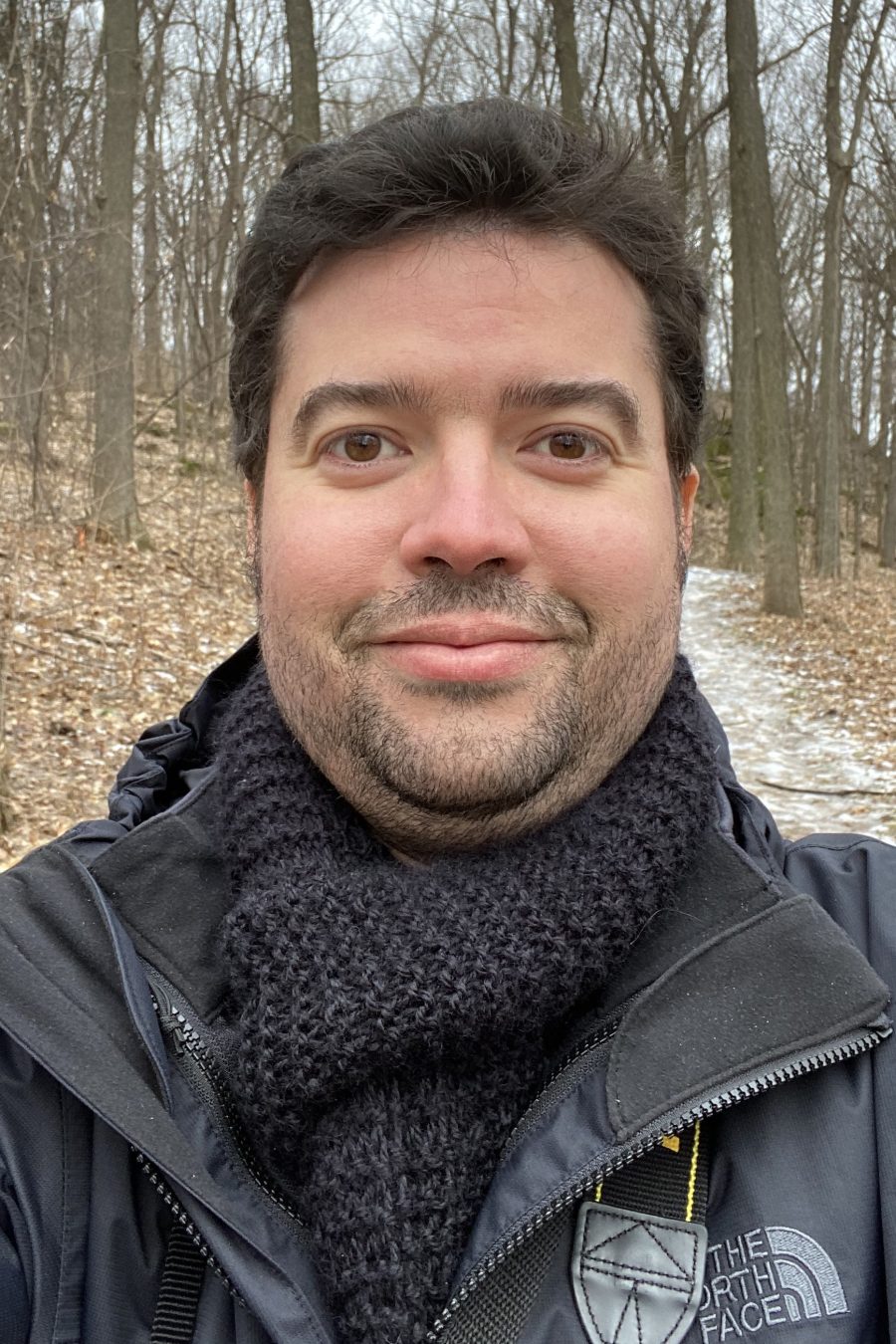
Jiangxiao Qiu
Associate Professor, University of Florida, School of Forest, Fisheries and Geomatics Sciences
Jiangxiao Qiu works at the intersection of ecosystem services, landscape sustainability and global change ecology, exploring how global change drivers interact to alter biotic communities and ecosystem functions underpinning ecosystem services. His current projects focus on grassland multifunctionality, urban agriculture, urban ecosystem services and contributions of services to human welfare. He received an M.S. from the Chinese Academy of Sciences and his Ph.D. from the University of Wisconsin–Madison.
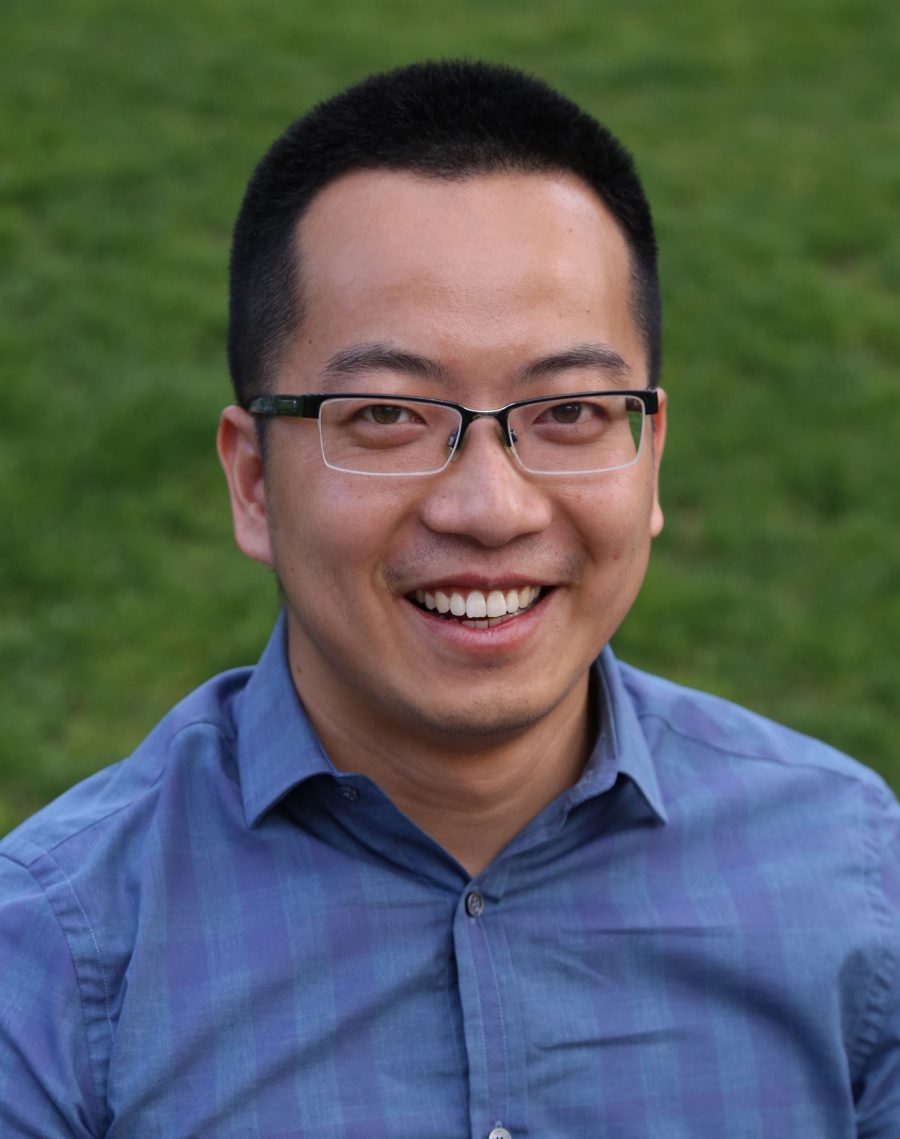
Christine D. Sprunger
Assistant Professor of Soil Health, Michigan State University, W.K. Kellogg Biological Station; Department of Plant, Soil and Microbial Sciences; and Plant Resilience Institute
Christine Sprunger’s research focuses on the intersection of agriculture and the environment, where she investigates how various agricultural management practices impact soil health and ecosystem services. In addition, she is interested in understanding how nematode communities can serve as key bioindicators, and she also explores how climate change impacts rhizosphere dynamics and soil food webs. She holds a Ph.D. in Crop and Soil Sciences and Ecology, Evolutionary Biology and Behavior from Michigan State University and was a National Science Foundation Postdoctoral Fellow at Columbia University.
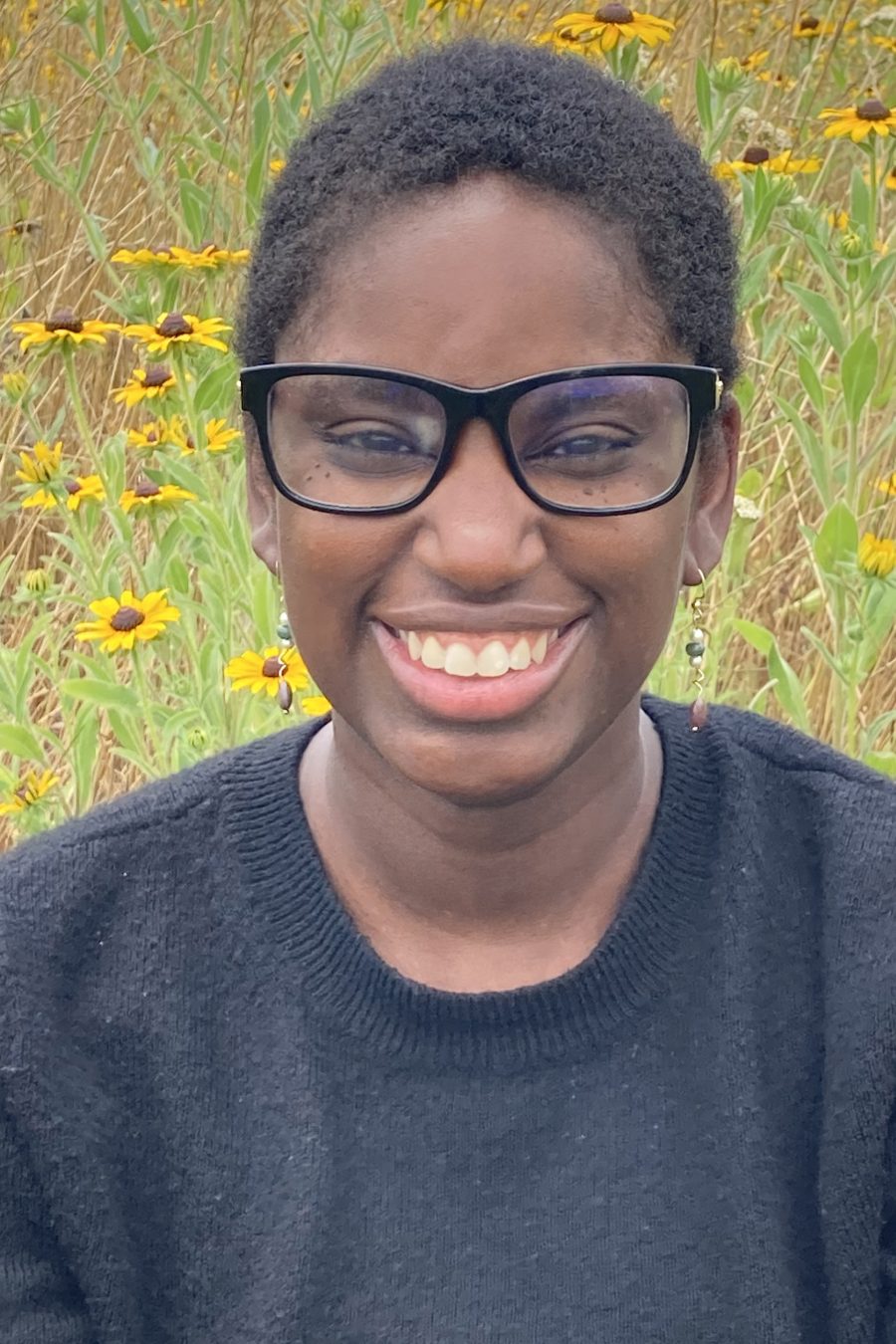
James T. Stroud
Assistant Professor, Georgia Institute of Technology, School of Biological Sciences
James Stroud is an integrative evolutionary ecologist who investigates how ecological and evolutionary processes may underlie patterns of biological diversity at the macro-scale. He primarily studies lizards and his research is highly multidisciplinary, combining field studies with macro-ecological and evolutionary comparative analyses. Stroud’s current interests are particularly focused on measuring natural selection in the wild, often taking advantage of non-native lizards as natural experiments in ecology and evolution. He received his Ph.D. in Ecology and Evolution from Florida International University.
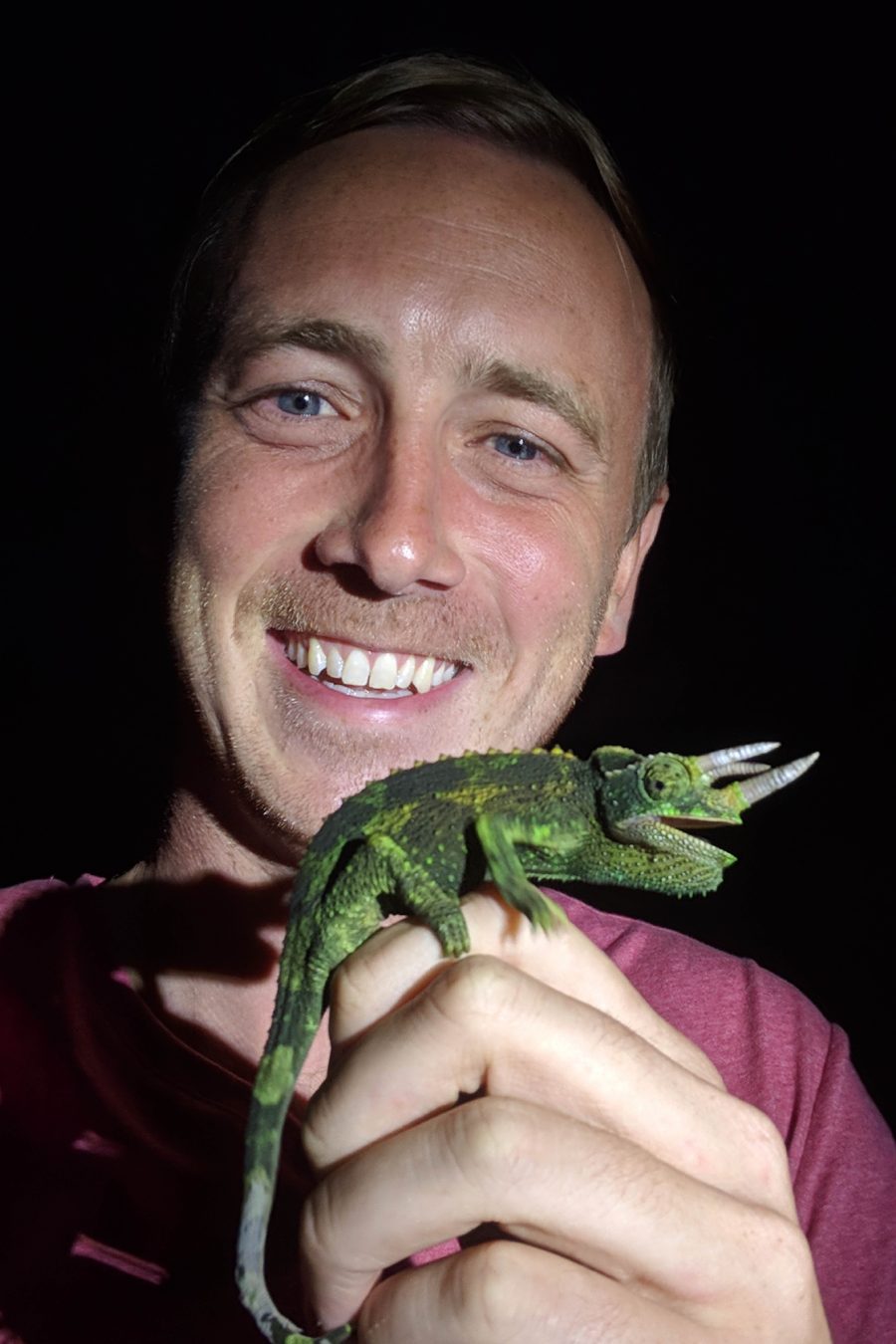
Daniel E. Winkler
Program Manager, Department of Energy, Office of Science
Daniel Winkler’s work at the Department of Energy focuses on understanding and building climate resiliency in disadvantaged and urban communities with a focus on ecological, hydrological, atmospheric and socioeconomic interactions. Previously, he worked as a Research Ecologist at the U.S. Geological Survey where he studied plant ecology in desert and alpine systems, climate change impacts on federally protected lands and the connections between societal values and conservation ecology. He earned an M.S. in Environmental Systems from UC Merced and a Ph.D. in Ecology and Evolutionary Biology from UC Irvine.
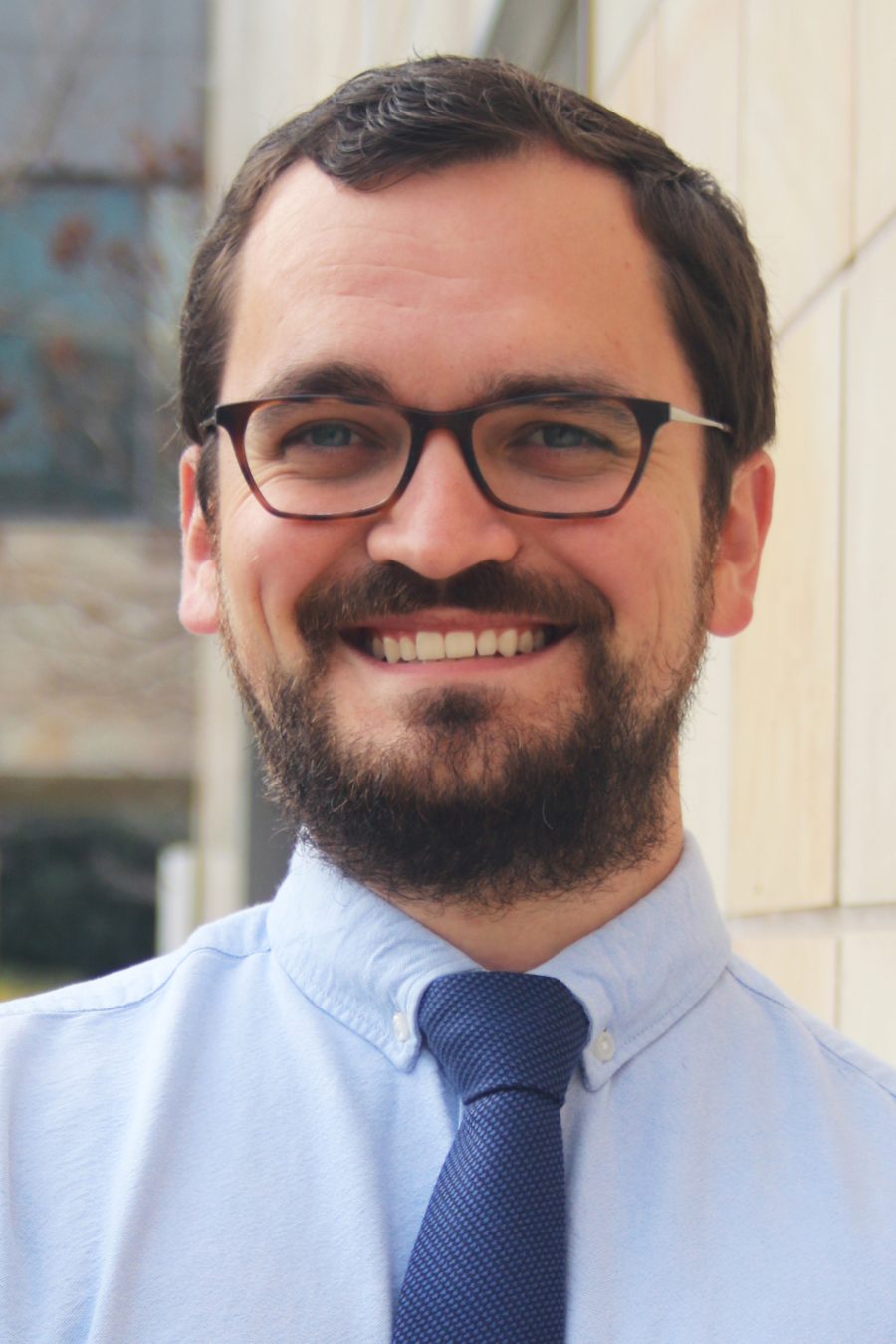
###
Learn more about the upcoming ESA Annual Meeting, August 4–9, on the meeting website.
ESA invites press and institutional public information officers to attend for free. To register, please contact ESA Public Affairs Manager Mayda Nathan directly at mayda@esa.org.
The Ecological Society of America, founded in 1915, is the world’s largest community of professional ecologists and a trusted source of ecological knowledge, committed to advancing the understanding of life on Earth. The 8,000 member Society publishes six journals and a membership bulletin and broadly shares ecological information through policy, media outreach, and education initiatives. The Society’s Annual Meeting attracts 4,000 attendees and features the most recent advances in ecological science. Visit the ESA website at https://esa.org.